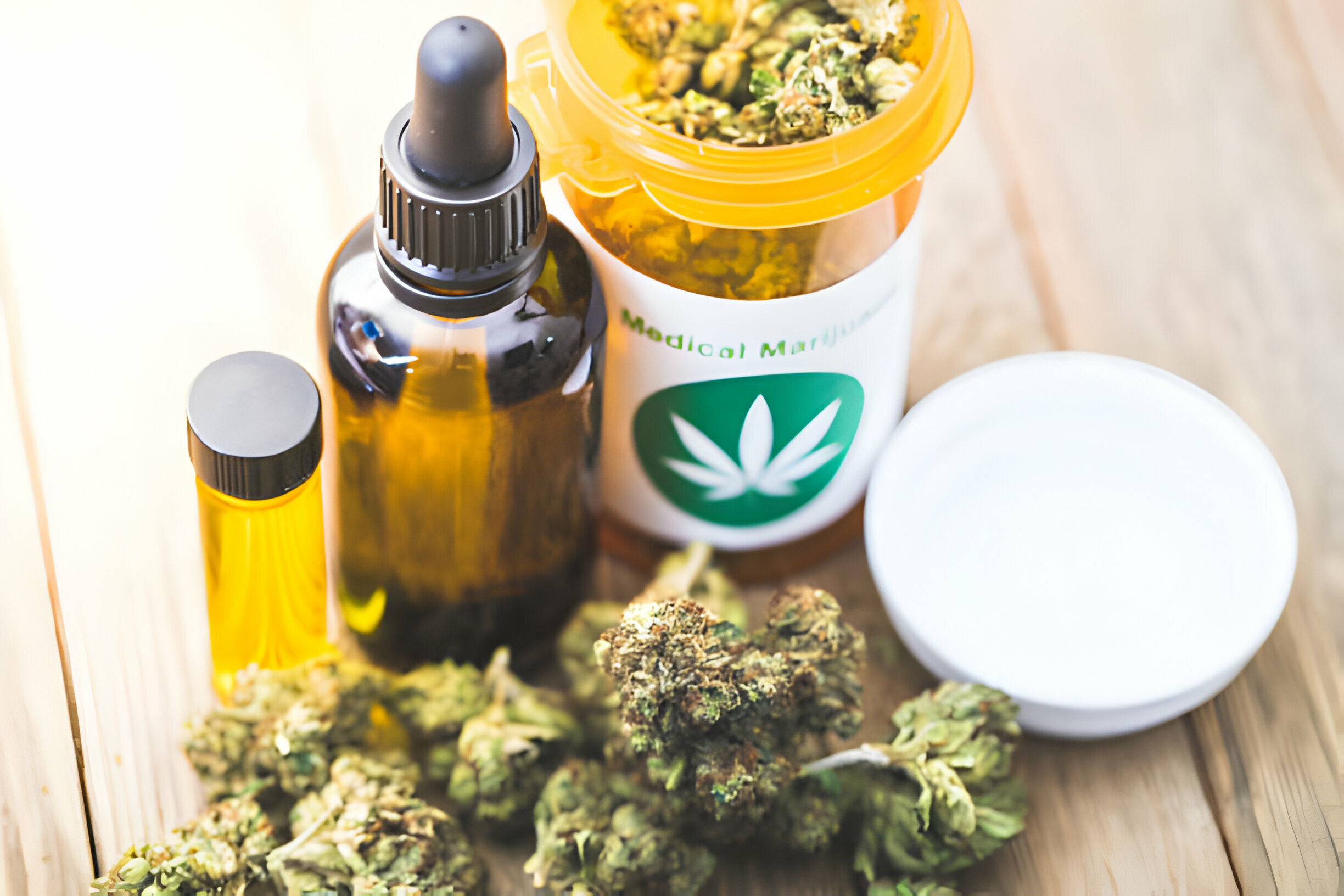We human beings are funny to the point of being foolish. Take language. In order to soften what we say or appease certain groups, we change well understood words and phrases to something completely different. A case in point is ‘medical cannabis’. It sounds a lot nicer and more noble than ‘marijuana’.
The interesting thing is that ‘medical cannabis’ has become a derogatory term in some circles. Now we are starting to see a trend of rebranding it as ‘plant-based medicine’. That is not technically incorrect. Cannabis is a plant, and it is used medicinally. But plant-based medicine has traditionally meant something other than medical cannabis.
Practicing It for Millennia
Plant-based medicine is nothing new. In fact, different cultures have been practicing it for millennia. Long before pharmacology was widespread, physicians and healers relied almost exclusively on plants and herbs to treat common health issues. Cannabis has been around for millennia as well, so it was undoubtedly part of the plant-based medicine ancient cultures practiced.
So what’s the issue? There are physicians, medical cannabis pharmacies, and others in the industry that now talk about what they do in terms of plant-based medicine. But they are not promoting an ancient practice that involves literally hundreds of plants and other natural remedies. They are only promoting medical cannabis. Medical cannabis is just one form of plant-based medicine. It is not the whole of the practice.
Why It’s Being Done
One of the reasons for this recent trend is rooted in state regulations designed to prevent medical cannabis card mills. Utah is a good example. When lawmakers first launched the medical marijuana Utah program, they imposed strict rules on medical providers to prevent card mills from popping up.
The operators of the dispensary in Salt Lake City’s Beehive Farmacy say the rules did their job. But now, with the total number of card holders exceeding 70,000 in the state, there simply are not enough medical providers. Lawmakers have had to relax the rules in order to improve medical cannabis access.
Guess what has happened? Card mills have started popping up. To prevent making the problem worse, regulators have created rules dictating what medical providers can and cannot say. Some medical providers, hoping to lay low and keep regulators off their backs, never mention medical cannabis. They only talk about plant-based medicine in a euphemistic way. Medical cannabis patients understand fully what they are talking about.
The State Is Just as Guilty
I don’t want to point the finger at Utah medical providers here. I also do not think they are doing anything wrong. They are using the terminology that best suits their needs. But it is also good to point out that they aren’t alone in their selective use of terminology. The state is just as guilty.
Regulators don’t want medical cannabis pharmacies to use the words ‘marijuana’ or ‘dispensary’ in their marketing or literature. Derivatives of those terms are also not allowed. Why? Because state lawmakers believe the words have a negative connotation. So they insist that the industry news ‘cannabis’ and ‘pharmacy’ instead.
Let’s Just Be Honest
Frankly, I find all of this simultaneously silly and frustrating. Why can’t we just be honest and admit the fact that we are using marijuana to relieve chronic pain, nausea, and other medical conditions? The fact that people are offended by a word like ‘marijuana’ or ‘dispensary’ proves our culture has bigger problems than whether marijuana is legal.
These days, plant-based medicine could refer to an ancient practice with thousands of years of history behind it or merely medical cannabis. Context is the best way to figure it out.



